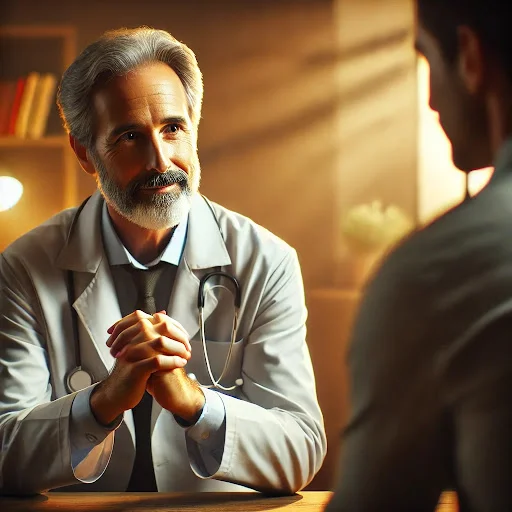"Hello, professor." I say it as soon as someone crosses the threshold. I say it without thinking, like breathing. But behind these words, there is time, a journey, a memory.
It was at the Hospital do Servidor Público de São Paulo that I first learnt to truly see teachers. They would arrive carrying invisible notebooks — not in their hands, but in their bodies. Their necks bent from years of looking down at lesson plans, their shoulders heavy with the weight of knowledge given away day after day. They would sit before me, their minds full of wisdom, their spines full of pain. And I would listen. And I would learn.
Perhaps that is why I never stopped saying "professor." It does not matter who you are or what you do. Life itself is a classroom, and every person, knowingly or not, is a master of something. The body teaches through its aches, silence teaches through its absence, even pain imparts lessons — whether we ask for them or not.
And so, the word stayed with me. Not as a mere title, but as recognition. A way of saying, I see you. A way of acknowledging that there is something in you, something unique, that deserves to be heard. Teachers — those who bear the title — are rarely called so enough. So I call them. And I call everyone.
When you hear me say "Hello, professor," understand: it is not just a greeting. It is a gesture towards all you have learnt and all you still have to teach. Because here, in this moment of consultation, it is not I who heal. It is we who learn.


Comments
Post a Comment